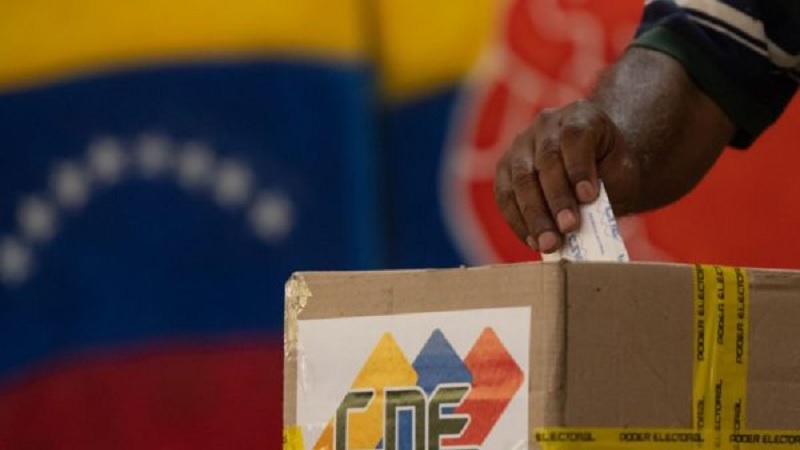
Post-election Report: General elections in Venezuela

Amidst complaints of irregularities by the opposition and doubts from the international community, with 80% of the votes counted, the National Electoral Council (CNE in Spanish) proclaimed Nicolás Maduro as the elected president of Venezuela for the 2025-2031 term. According to the CNE, Maduro, leader of the Gran Polo Patriótico coalition, secured 51.2% of the valid votes, while Edmundo González, representing the opposition Plataforma Unitaria Democrática (PUD in Spanish), received 44.2%.
The delay in announcing the results and significant discrepancies with the data shared by the opposition on social media have triggered widespread protests, with allegations of potential fraud against the ruling government. This controversy has reached the international stage, with the United States, European Union, and several Latin American countries expressing concerns about the transparency of the vote count and demanding the publication of all electoral records to verify the results in favor of Maduro.
In this context, Nicolás Maduro was proclaimed as president a matter of hours ago by the CNE. As he assumes office, his main challenges will include implementing governance measures to address the deep fragmentation and polarization within Venezuelan society. Additionally, Maduro will need to stabilize an economy that is recovering from a prolonged crisis and navigate the international pressure stemming from the contested electoral victory, which may include the continuation of economic sanctions from abroad.
To achieve these objectives, he will have significant legislative power. The strong majorities held by the Partido Socialista Unido de Venezuela (PSUV in Spanish) and Maduro’s allies in the National Assembly will enable him to advance his agenda with minimal obstacles.
